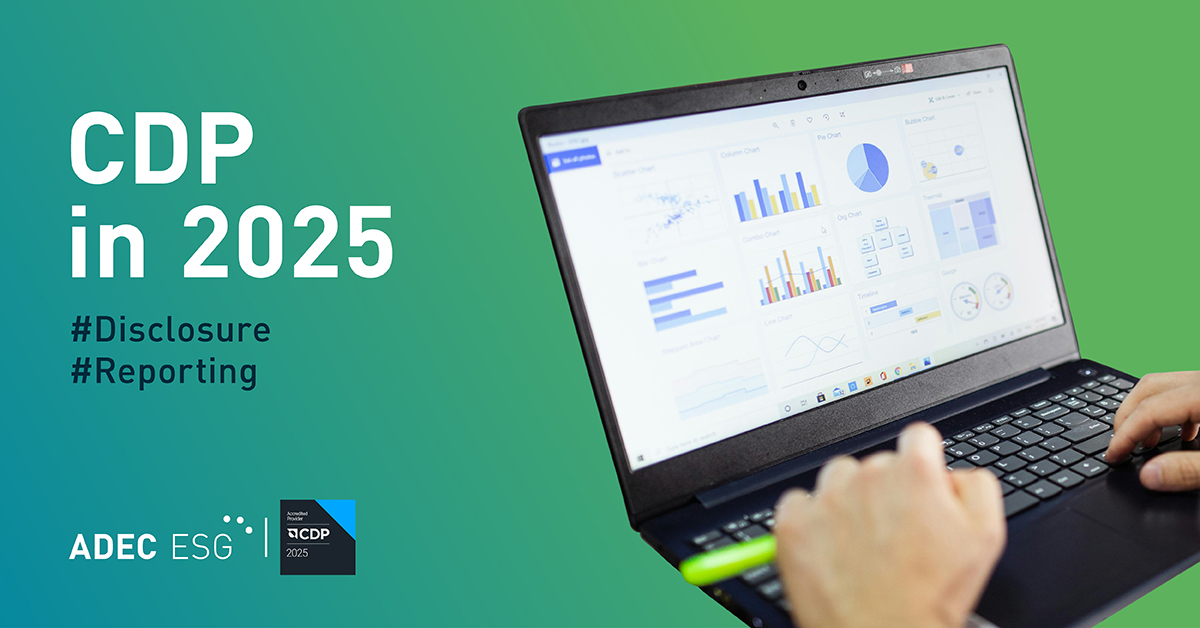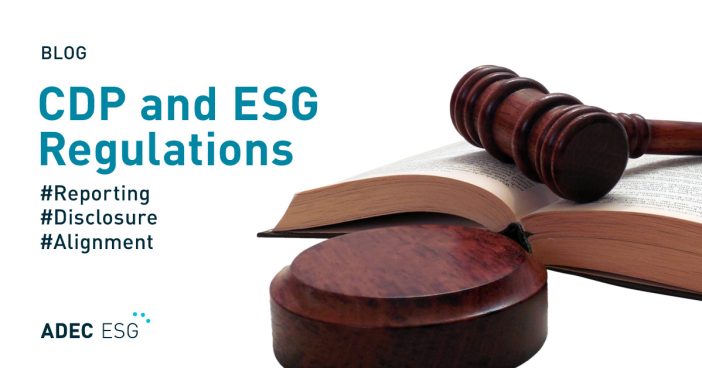CDP’s 2019 North America Spring Workshop brought together participants from a host of CDP-reporting companies and other stakeholders to discuss the latest trends in environmental disclosure. In his opening remarks, CDP North America President Bruno Sarda made clear the urgency around climate change: “There is no Plan B. We have to figure this out”.
This feeling that climate change should be the first consideration in every risk strategy was reiterated throughout the workshop, which focused at several sessions on the forward-looking, risk-focused position that CDP is moving into as it aligns its disclosure infrastructure with the recommendations of the Task-force on Climate-related Financial Disclosures (TCFD).
It is essential for any company looking to improve its disclosure practices, its CDP performance, and its organizational planning to understand these new developments in risk analysis.
CDP and TCFD
The TCFD published its highly influential recommendations on climate-related financial risk disclosures in 2017. These recommendations were then incorporated into the CDP questionnaires for 2018, which featured several questions that were expressly aligned with the main points made by the TCFD. In response, companies reporting to CDP demonstrated their position at the leading edge of climate-related disclosure, with over 1,800 companies completing at least 93% of these TCFD questions last year, even though they were non-mandatory.
CDP is also using the TCFD recommendations to develop new metrics for investor evaluation, which will create further opportunities for reporting organizations. There are many resources available to build a thorough understanding of the recommendations, such as the TCFD Knowledge Hub, which supports companies taking their first steps in this new framework. One particularly important aspect of the recommendations is that the TCFD is forward-looking, not historic, when identifying risk. This progressive approach demonstrates an ability to realistically evaluate potential threats, and creatively and proactively formulate plans to prepare. This type of innovative thinking goes beyond improving existing procedures and mitigation. The Spring Workshop highlighted one important technique companies can use to adopt this forward-looking attitude into their own risk management.
Scenario Analysis
Described as “the next evolution of climate risk assessment,” scenario analysis was incorporated into the CDP questionnaires for the first time in 2018. Organizations that can develop strategies for a set of possible climate change scenarios, not just one assumed future, will be better prepared for the realities of climate change as they develop. In anticipation of this being recognized in new disclosure processes, 65% of US companies are currently conducting scenario analyses, or anticipate doing so in the next two years.
At the Spring Workshop, CDP recommended looking at the International Energy Agency’s (IEA) World Energy Outlook scenarios as a starting point. In analyzing each scenario, companies should review the possible impacts on their supply chains, revenue and products, assess the likelihood of these impacts, and note the timeframe over which they could occur.
Facing the Future
There are valuable lessons to be learned from the forward-looking approach to risk that has emerged out of the TCFD. Organizations must future-proof operations for a variety of possible outcomes, rather than react when things go wrong. To achieve this, companies must integrate climate-related risk analysis throughout their infrastructure—into procurement, codes of conduct, executives, the board, and the supply chain. Integrating now will provide a solid foundation for better climate information disclosure in the years to come, and for business stability and resiliency.
Want to learn more about TCFD, scenario planning and analysis, and how they apply to your CDP disclosure? Sign up for our free webinar.




